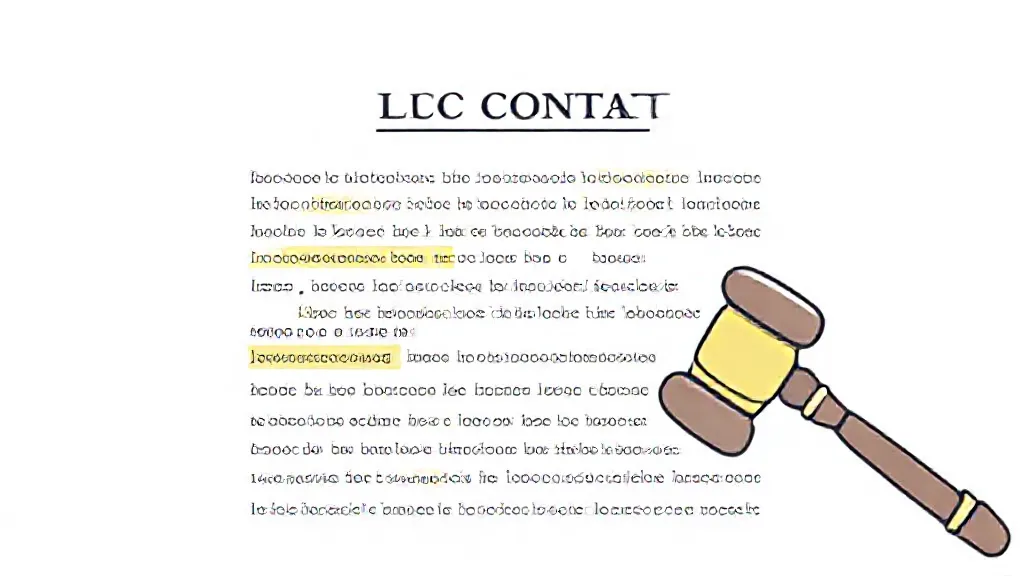Contracts are foundational to legal agreements, and the clarity of their language is paramount. Ambiguity in contracts can lead to disputes, misunderstandings, and costly litigation. One of the most effective ways to avoid such ambiguity is through the careful application of grammar.
This article explores how proper grammar usage can significantly enhance the clarity of contracts, ensuring that all parties involved have a mutual understanding of their obligations and rights.
The Importance of Clear Language in Contracts
Contracts are legally binding documents that outline the terms of an agreement between parties. The language used in these documents must be precise and unambiguous to prevent misinterpretation.
When grammar is applied correctly, it helps in structuring sentences that convey clear meaning. For instance, the misuse of commas can change the entire context of a clause. A famous example is the phrase “Let’s eat, Grandma!” versus “Let’s eat Grandma!” The first suggests a friendly meal, while the second implies something much more sinister.
Such examples highlight the critical role of punctuation in conveying intent.
Common Grammatical Pitfalls in Contracts
Common grammatical errors in contracts include the misuse of conjunctions, prepositions, and punctuation. For example, the use of “and” versus “or” can drastically alter the obligations of the parties involved.
If a contract states, “The buyer must pay the seller $500 for the car and the warranty,” it implies that the buyer must pay for both items. However, if it states “The buyer must pay the seller $500 for the car or the warranty,” the buyer has the option to pay for one or the other. Such distinctions are crucial and require careful attention to grammatical structure.
The Role of Ambiguity in Legal Disputes
Ambiguity in contracts often leads to legal disputes, which can be both time-consuming and expensive. Courts may interpret ambiguous terms in ways that the parties did not intend. A well-drafted contract with clear grammar can help prevent these disputes by eliminating vague language.
For instance, using definitive terms such as “shall” instead of “may” can clarify obligations. “The contractor shall complete the project by June 1” leaves no room for interpretation, whereas “The contractor may complete the project by June 1” introduces uncertainty.
Using Examples to Illustrate Clarity
In drafting contracts, using examples can clarify complex terms.
For instance, instead of stating “The payment shall be made promptly,” a clearer approach would be, “The payment shall be made within five business days of receiving the invoice.” This specificity eliminates ambiguity regarding what “promptly” means. Providing clear timelines and conditions helps ensure all parties have a shared understanding of their commitments.
The Impact of Legal Precedents on Contract Grammar
Legal precedents play a significant role in shaping contract language. Courts often rely on established interpretations of terms and phrases, which can influence how contracts are drafted. For example, the term “reasonable” can be subjective and lead to varying interpretations.
To avoid this, contracts should define such terms explicitly. Citing relevant case law can also provide context and clarity, helping to guide the interpretation of contract provisions.
Training and Resources for Better Contract Drafting
To improve contract drafting skills, individuals and organizations can benefit from training programs focused on legal writing and grammar.
Numerous resources are available, including books, online courses, and workshops that emphasize the importance of clarity in legal documents. Engaging with these resources can help legal professionals and business owners develop a keen understanding of how grammar can affect contract language and reduce ambiguity.
Conclusion: The Path to Unambiguous Contracts
In conclusion, grammar plays a vital role in drafting clear and unambiguous contracts.
By understanding the nuances of language and its impact on legal agreements, parties can better protect their interests and minimize the risk of disputes. A commitment to using clear, precise language in contracts not only fosters better communication but also enhances the overall integrity of legal agreements.
Image Prompt
Create an image that illustrates the importance of grammar in legal contracts, featuring a contract with highlighted grammatical elements, such as punctuation marks and conjunctions, showing how they affect meaning.
